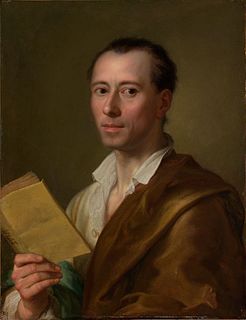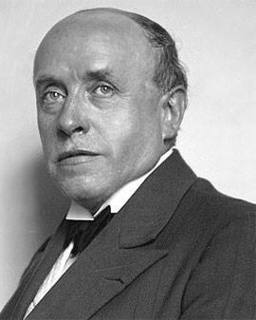A Quote by Anthony Ashley-Cooper, 7th Earl of Shaftesbury
Nothing affects the heart like that which is purely from itself, and of its own nature; such as the beauty of sentiments, the grace of actions, the turn of characters, and the proportions and features of a human mind.
Related Quotes
For any artistic person who creates imaginary people, the art is like inhabiting the life and mind of a seven-year-old child with imaginary friends and imaginary events and imaginary grace and imaginary tragedy. Within that alternate universe, the characters do have quite a bit of free will. I know it's happening in my mind and my mind alone, but they seem to have their own ability to shape their destinies. So I'm not shooting for anything. If the characters are vulnerable it's simply because they're very human.
The Idols of Tribe have their foundation in human nature itself, and in the tribe or race of men. For it is a false assertion that the sense of man is the measure of things. On the contrary, all perceptions as well of the sense as of the mind are according to the measure of the individual and not according to the measure of the universe. And the human understanding is like a false mirror, which, receiving rays irregularly, distorts and discolors the nature of things by mingling its own nature with it.
It was the upward-reaching and fathomlessly hungering, heart-breaking love for the beauty of the world at its most beautiful, and, beyond that, for that beauty east of the sun and west of the moon which is past the reach of all but our most desperate desiring and is finally the beauty of Beauty itself, of Being itself and what lies at the heart of Being.
Even in a jungle, lovely flowers will spring up here and there, such being the fecundity of nature, and however badly our pastors and masters run our society, however much they pull to pieces that which they claim to be keeping intact, nature remains fecund, human beings are born with human traits, sometimes human strength outweighs human weakness, and human grace shows itself amid human ugliness. ‘In the bloodiest times,’ as our play has it, ‘there are kind people.’
If therefore my work is negative, irreligious, atheistic, let it be remembered that atheism — at least in the sense of this work — is the secret of religion itself; that religion itself, not indeed on the surface, but fundamentally, not in intention or according to its own supposition, but in its heart, in its essence, believes in nothing else than the truth and divinity of human nature.
In short, Beauty is everywhere. It is not that she is lacking to our eye, but our eyes which fail to perceive her. Beauty is character and expression. Well, there is nothing in nature which has more character than the human body. In its strength and its grace it evokes the most varied images. One moment it resembles a flower: the bending torso is the stalk; the breasts, the head, and the splendor of the hair answer to the blossoming of the corolla. The next moment it recalls the pliant creeper, or the proud and upright sapling.
Nothing in all nature is so lovely and so vigorous, so perfectly at home in its environment, as a fish in the sea. Its surroundings give to it a beauty, quality, and power which are not its own. We take it out, and at once a poor, limp dull thing, fit for nothing, is gasping away its life. So the soul, sunk in God, living the life of prayer, is supported, filled, transformed in beauty, by a vitality and a power which are not its own.

































